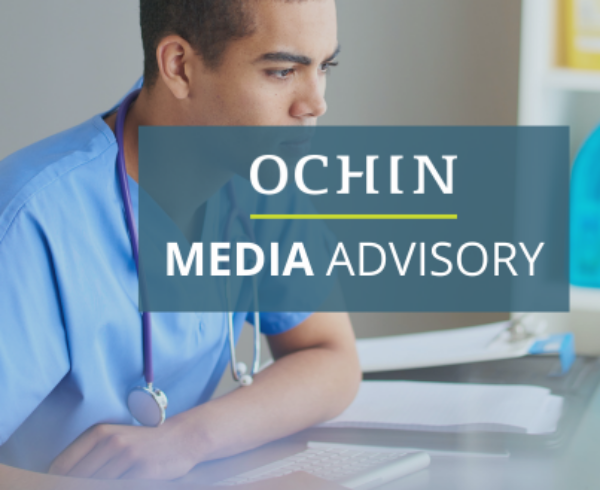July 8, 2020
The FCC announced today that OCHIN’s two broadband consortia, OCHIN Broadband Network Services (OBNS) and the California Telehealth Network (CTN), each received $1 million in funding through the FCC’s COVID-19 Telehealth Program to help expand telehealth programs in response to the pandemic. OBNS and CTN are among 25 organizations whose awards were announced today in the FCC’s final round of CARES Act funding. In addition to affordable broadband, this funding will enable OCHIN and CTN to provide access to critical equipment for telehealth and remote monitoring that will enhance options for virtual and field-based care delivery across their nationwide network of member clinics.
“Behind the scenes, OCHIN’s commitment to improving community health ensures we have the tools we need to serve our patients, even in frontier Oregon,” said Nic Powers, CEO of Winding Waters Clinic.
“OCHIN is pleased to receive these funds from the FCC on behalf of our nationwide network of 20,000 providers who are on the frontlines of the pandemic response,” said OCHIN CEO Abby Sears. “We thank the FCC for their careful consideration in this process. OCHIN administers two consortia for the FCC Healthcare Connect Fund allowing for affordable and accessible broadband for providers. These additional funds will directly expand our health centers’ ability to reach patients through home devices, telehealth services, and broadband capabilities in some of the hardest to reach and most complex delivery systems in the country. These funds are a perfect complement to our ongoing work to expand much-needed access in urban and rural communities in California and across the country.”
Kim Schwartz, CEO of OCHIN member clinic Roanoke Chowan Community Health Center in North Carolina and an OCHIN Board member states, “I am excited for OCHIN to use this funding to bring its national resources to communities that need access to technology and quality health care. OCHIN is sensitive to rural communities that need that last mile connection. These additional resources will expand access—not only within our current network—for a deeper impact toward quality access for all and help bridge some of the social determinants, like transportation barriers and lack of smartphone access, surrounding the inequities experienced by BIPOC communities.”













